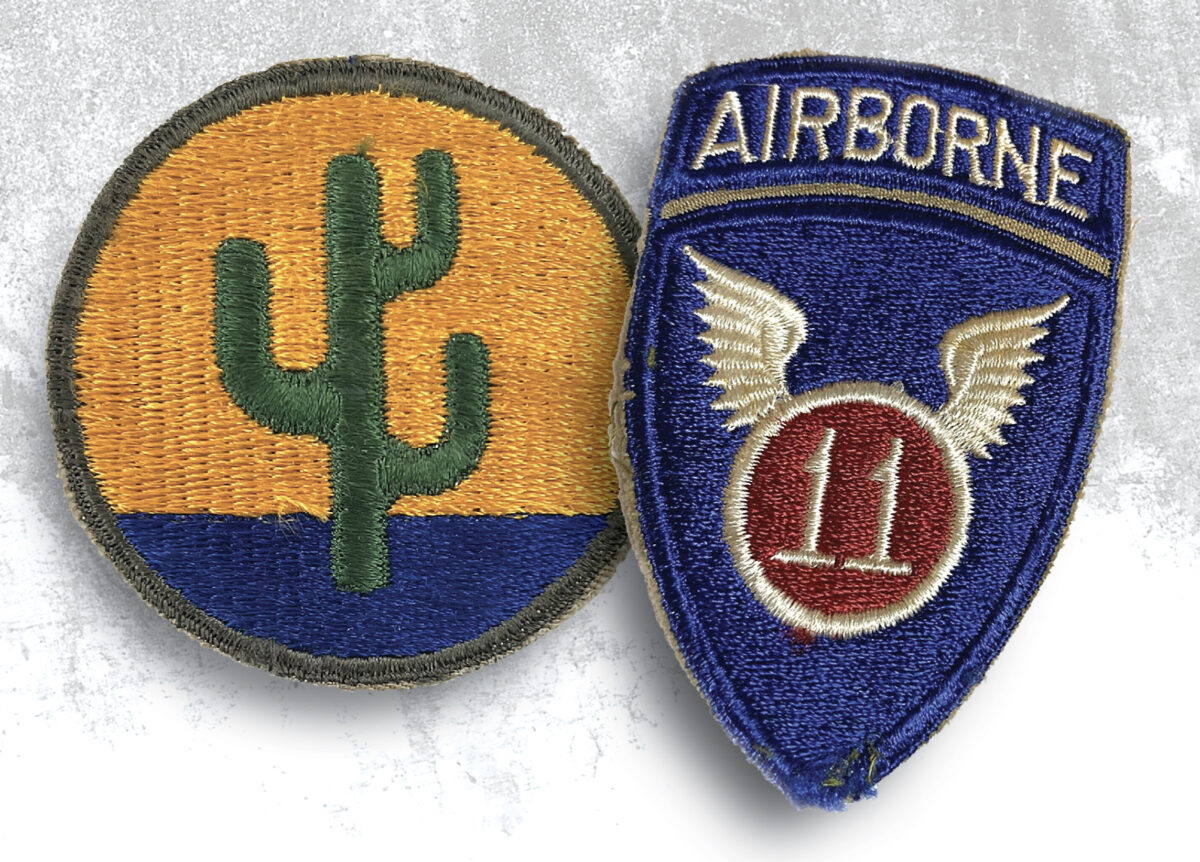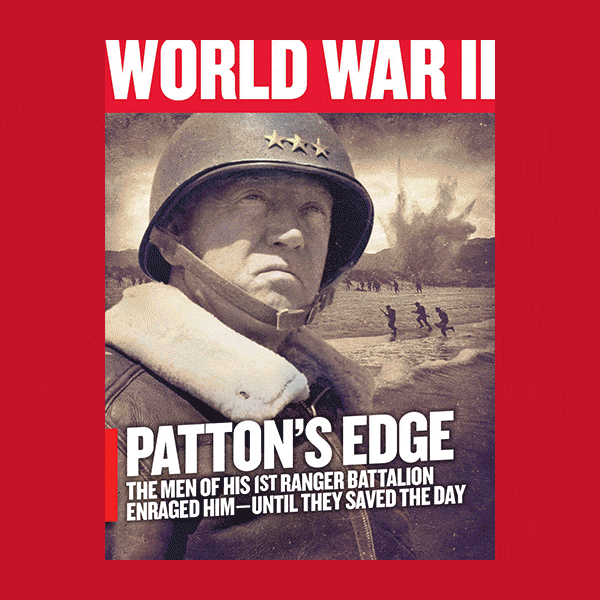Some years ago, the notable American literary and cultural scholar Paul Fussell wrote an essay for the New Yorker called “My War,” in which he outlined his experiences as a junior infantry officer fighting through the Northwest Europe campaign in late 1944 and into 1945. Like most men unfortunate enough to find themselves in the frontline infantry, his experiences were brutally tough and scarred him for life, both mentally and physically. Fussell was wounded on March 15, 1945, in woods near Ingwiller in Alsace, when German shells pummelled his F Company and shrapnel hit him in the legs and back. In his time at the front, he’d repeatedly risked his life, seen men shot and blown to pieces, and witnessed unspeakable levels of violence and slaughter, but at least he had known that he was helping to liberate Europe. Yet, despite the sacrifices made by his company and regiment, he later discovered that the attack in which he was wounded was not mentioned at all in Sir Basil Liddell Hart’s magisterial History of the Second World War, nor was his 103rd Infantry Division named in any capacity at any point in the book.
Reading Fussell’s essay made me think of the very skewed way in which we look at the war, viewing it mostly through the prism of the major ink spots that very rarely seem to meet on the blotting paper of history. We hear about Pearl Harbor, Midway, disjointed exploits of the Mighty Eighth Air Force, then D-Day, the Bulge, and perhaps Iwo Jima. Or, if you’re a Brit like me, you might care to throw in Dunkirk, the Battle of Britain, and El Alamein. Of course, these events are decisive ones—the points at which the progress of the war lurched forward dramatically—and so, after all the fighting was over, people wrote books about these moments, then made movies, and because these proved so popular, more books were written about them, and more documentaries made, and then perhaps a TV series. A kind of vicious circle had been created. We all now know about the 101st Airborne Division thanks to Band of Brothers, but who has ever heard of the 11th Airborne Division? Do they deserve to be forgotten just because they operated—brilliantly and bravely—in the Philippines rather than in the hedgerows of Normandy? [Editor’s note: One person who has not forgotten the 11th Airborne is James M. Fenelon.]
I’m guilty of this blinkered view as much as the next man. After all, I’ve written and made TV programs about D-Day and Normandy, as well as the Battle of Britain. Maybe, though, change is in the air. Perhaps historians have finally exhausted the narrative of D-Day or the Dam Busters raid after all this time, and it might just be that there’s no longer anything especially fresh to say about the U.S. Marine Corps in the Pacific. I’ve been recording a World War II podcast for the past four years called We Have Ways of Making You Talk, and we’ve now amassed more than 600 episodes—certainly enough to take us well beyond the “Ds,” as my co-presenter, Al Murray, calls Dunkirk and D-Day. We’ve discovered there really is an appetite to learn more, and it’s been fascinating to record podcasts, write essays such as these, and now, start to write books too, about those more overlooked episodes of the war. For example, we’ll be recording an episode soon on General Joseph Swing and the 11th Airborne (with James Fenelon as our guest), while I’ve recently finished a book about the Italian campaign in 1943. It covers Salerno, the Volturno, and San Pietro, but also Ortona, that terrible battle between the Canadians and the Germans on the other side of Italy, known as the “Stalingrad of the Adriatic.” Whoever knew? I can tell you this: it’s one of the most brutal episodes of the war I’ve ever written about. I’ve become quite obsessed about it.
I’m also determined to do my bit for the late, great Paul Fussell, too, because around the corner is a project I’m calling Endgame, about the war in Northwest Europe after Normandy, and I’ve vowed to make sure the exploits of the heroic 103rd Infantry get their deserved write-up. The time has come, 80 years on, for the forgotten heroes to get their voices heard.






